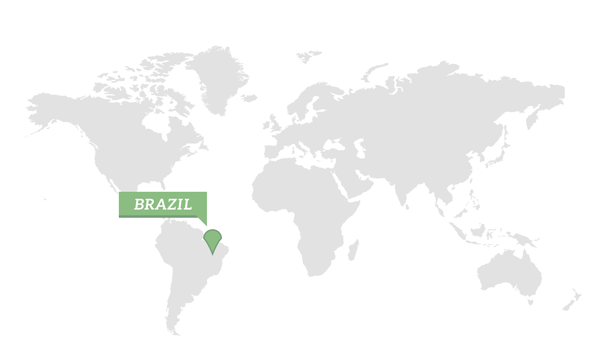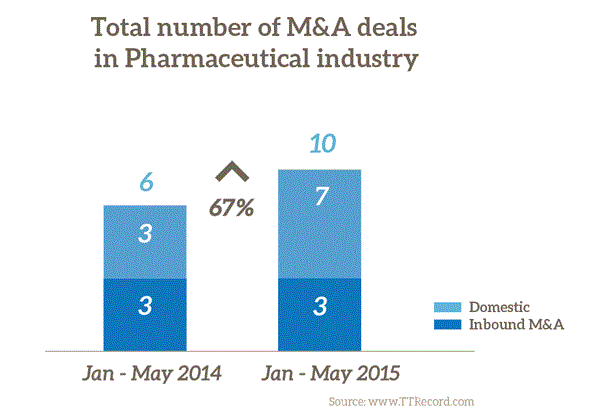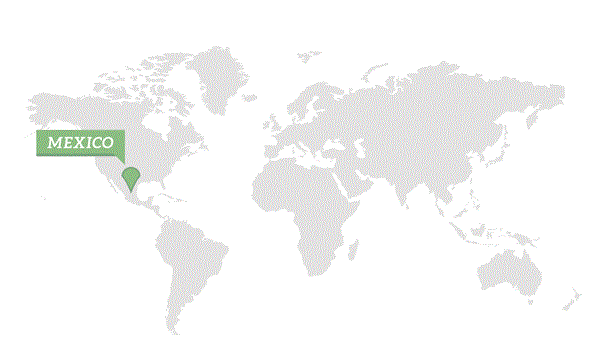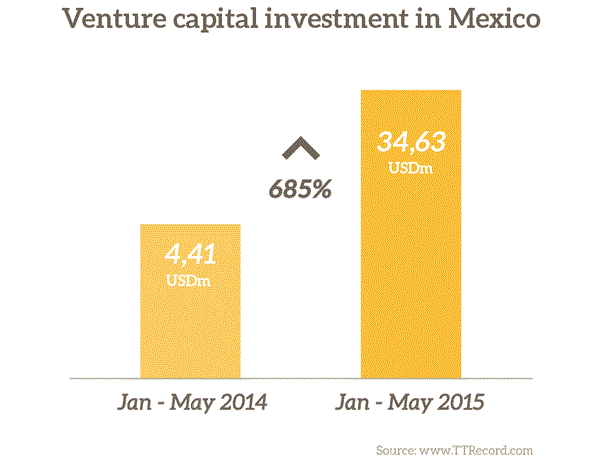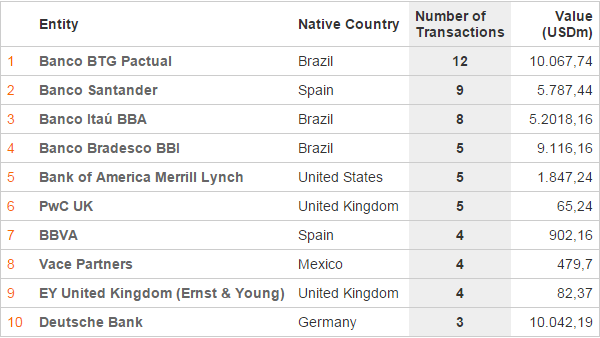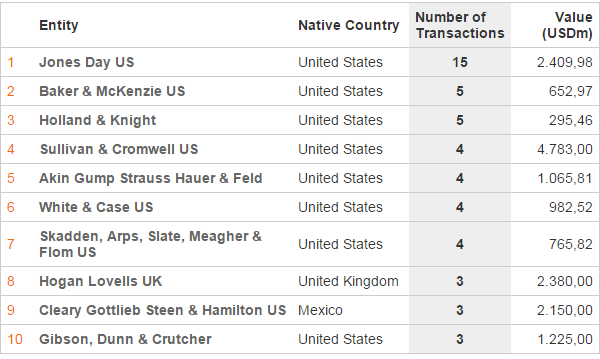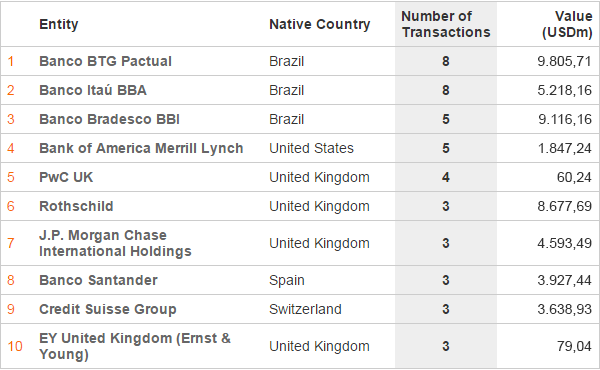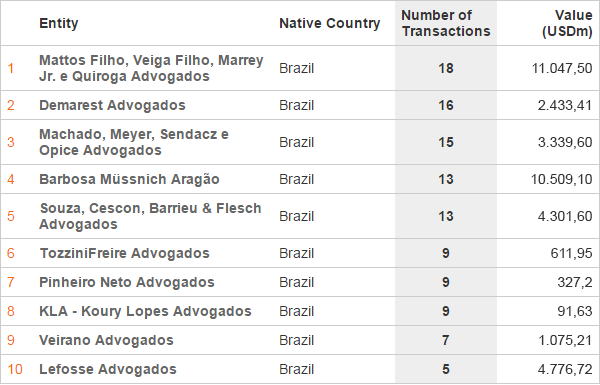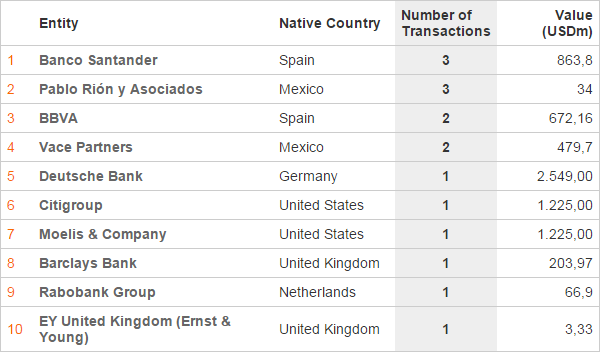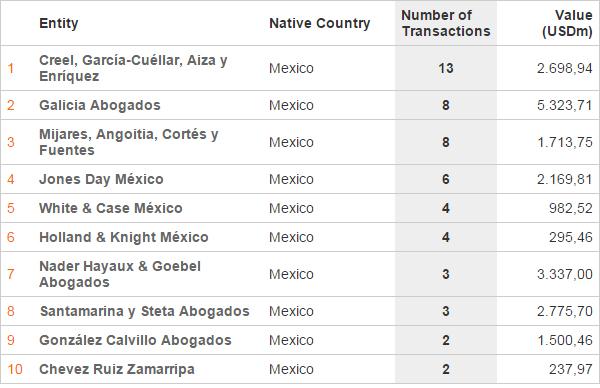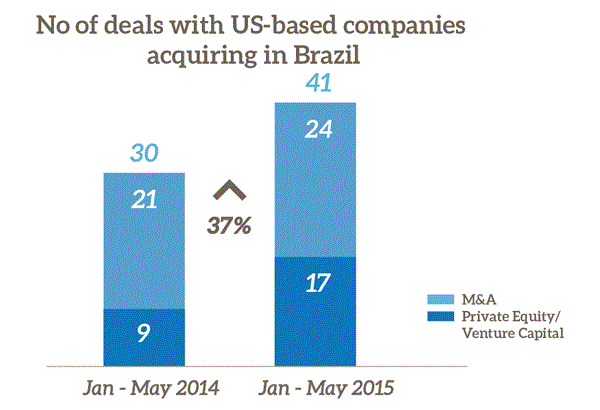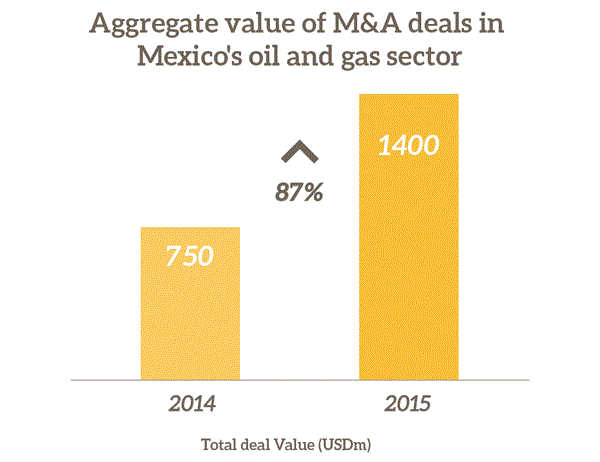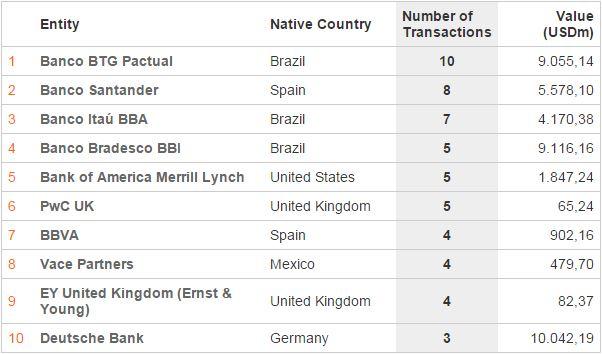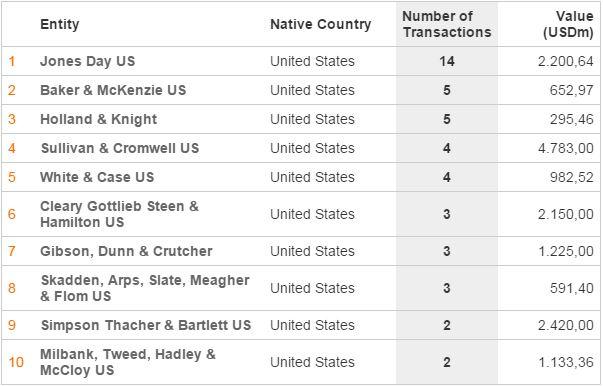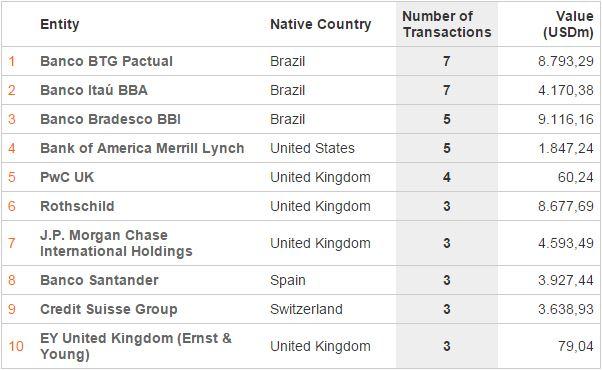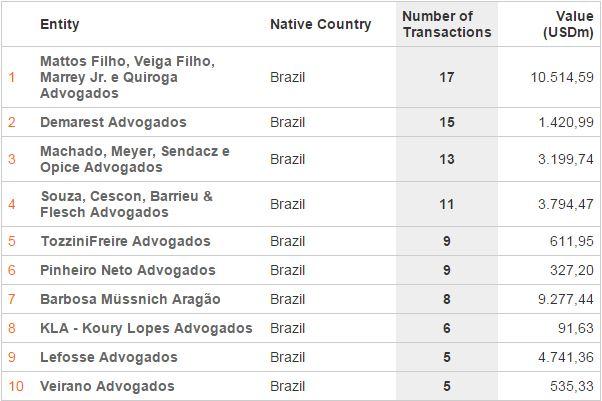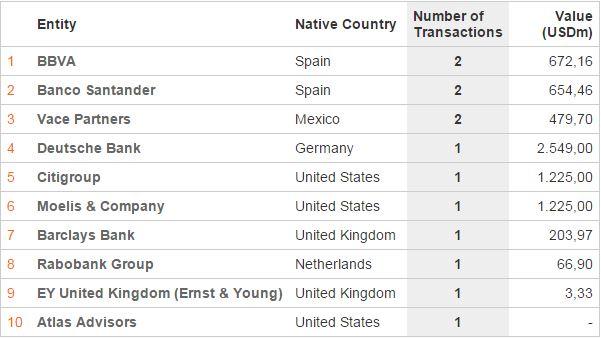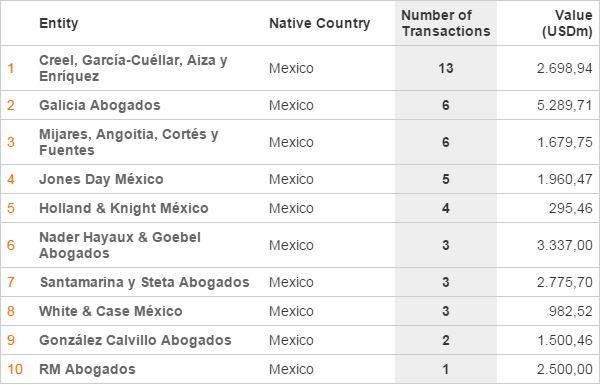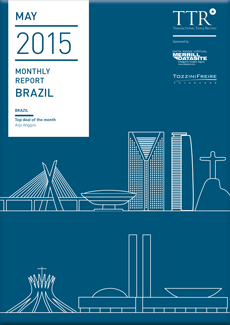By Benjamin Torres and Hector Medina
Baker & McKenzie México
The first step in the country’s sweeping energy reform was taken by the Mexican government on 20 December, 2013, with landmark amendments to certain key articles of the Mexican Constitution related to the energy sector, including hydrocarbons and power generation. Those amendments are the legal foundation for broader participation by private entities in several activities that were previously reserved for Mexican nationals or the Mexican state.
Mexico has made several attempts to stimulate the development of its energy sector over the years, including the so-called “Energy Reform” spearheaded by former president Felipe Calderon in 2008. The truth is, none of the previous attempts had the desired effect, since any real change required a revision of the fundamental legal framework governing the energy sector in Mexico: the Constitution.
The recent constitutional reforms have led to the enactment of a new set of energy laws and regulations as well as substantive amendments to other laws and regulations to align them with the new energy reform framework. The intention is clear: to allow greater private participation in the entire Mexican energy sector, downstream, midstream and upstream, whether hydrocarbons or power.
The reform is still in its implementation phase and there are several regulations, administrative guidelines and other regulatory provisions yet to be issued. However, over the last year, the reform has achieved measurable results, particularly in the hydrocarbons sector with the publication of tenders for offshore shallow-water exploration and production and production enhancement under the Round One bidding procedure, which were published by the recently strengthened Mexican National Hydrocarbons Commission (CNH). The call for tenders has been well received by many of the relevant players in the domestic and international energy industry. Several well-known companies in the upstream sector are participating in different stages of the tender process.
There are other sectors of activity that have been realigned with the new energy policies introduced by the Mexican government as a result of the constitutional reforms. The maritime sector, which has a very close connection to the oil and gas industry in offshore exploration and production operations, is governed by the Navigation and Maritime Commerce Law enacted in June 2006 (the NMC law).
The NMC law governs the operation of vessels and other naval artifacts in Mexican waters as well as the most important agreements related to such activities including charter parties and purchase and sale agreements, among others. A naval artifact is defined as any fixed or floating structure not designed or built for navigation but that is capable of being moved on the water by itself or by another vessel, or built on the water.
Regulations for the NMC Law were published in the Federal Official Gazette on 4 March, 2015 and became effective on 4 April, 2015.
Prior to the enactment of the NMC law, two previous versions of navigation laws coexisted and remained in force: a Navigation Law enacted in 1994 as well as another Navigation Law and Maritime Commerce Law enacted in 1963. Both were repealed by the new NMC law except for certain regulations under the Navigation Law of 1994, which remained in effect. Those regulations have now been furnished by the new regulation published on 4 March, 2015, which offer new guidelines for private sector business opportunities.
Prior to the new regulations of the NMC Law, the legal standing of foreign vessels in Mexican waters operated by foreign navigation companies was not entirely clear and according to some interpretations, only Mexican navigation companies could operate foreign-flagged vessels in Mexico by securing a temporary navigation permit limited to a maximum of two years. These permits are granted for a period of three months and can be renewed up to seven times. If the vessel stays more than two years in Mexican waters, it has to be flagged as Mexican, but certain exceptions may apply for highly specialized vessels, including those dedicated to oil and gas activities.
It was, however, possible for foreign navigation companies to operate foreign-flagged naval artifacts, such as drilling rigs and production platforms under temporary authorizations. This confusing legal structure led foreigners to implement complex corporate and tax structures involving incorporation of Mexican navigation companies to hold permits to operate foreign-flagged vessels and still comply with restrictions on foreign investment provided by the law.
The new regulations to the NMC law provide a much clearer process to allow foreign entities to secure permits to operate foreign-flagged vessels and naval artifacts, such as rigs and production platforms. Although foreign navigation companies will continue to face some restrictions, these will not represent a significant obstacle to their business activities. Moreover, the new regulations provide specific treatment for vessels and naval artifacts dedicated to oil and gas activities, including its regulation of navigation and permanency in Mexican waters, safety and inspection, crew training, and prevention of pollution caused by hydrocarbons, among other matters critically important to prepare an efficient business plan.
Article 40 of the NMC law provides that “the operation and exploitation of vessels in interior and coastal navigation is reserved to Mexican navigation companies with Mexican vessels”. However, an exception is provided in case of the lack of existence of available Mexican vessels in equal technical conditions or in case of public interest, where it is possible to grant temporary permits for coastal navigation in favor of Mexican navigation companies with foreign vessels.
Moreover, Article 41 of the NMC law provides that “having conducted the bidding process with the preference provided under items I and II of the above Article, a permit may be granted for a new procedure including foreign navigation companies with foreign vessels.” It is important to mention that prior the enactment of the new regulations to the NMC law, there was no clear procedure provided to include foreign navigation companies with foreign vessels and therefore to issue temporary navigation permits in favor of foreign navigation companies with foreign vessels, as provided under Article 41.
Now, the new regulations to the NMC law, provide under Article 226 that, “the foreign navigation companies, in order to exploit and operate foreign vessels in coastal navigation, will require a temporary navigation permit according to Article 41 of the NMC law…”.
In light of the above, the possibility for a foreign navigation company to apply for a temporary navigation permit to operate foreign vessels in coastal Mexican waters has greater clarity than under the previous regulation. It is provided, however, that the Maritime Transportation Industrial Chamber must be notified as to the application of any permit, such that the chamber may indicate the availability of a Mexican vessel with the same technical capabilities. A general notice must be served to Mexican navigation companies so they can exercise their preferential right granted under Article 40 of the NMC law, as outlined above.
In conclusion, if a foreign navigation company applies for a temporary navigation permit to operate a foreign vessel in Mexican coastal waters, the procedure described above shall be conducted and all the conditions under Article 41 of the NMC law and under Article 226 of its new regulations must be complied with, so the corresponding authority can issue a navigation permit, even if it is a foreign navigation company with a foreign vessel.
OTHER OPPORTUNITIES IN MEXICO’S MARITIME SECTOR
Another important activity that is expected to be further developed in Mexico is ship building. This is also reflected in the new regulations to the NMC law, which added specific provisions and standards for such activities, including the granting of authorizations for shipyards to operate in Mexico.
The Mexican government’s effort to harmonize all sectors involved or related with the new energy industry has been remarkable, and the maritime sector constitutes clear evidence of this.
In addition to the enactment of the regulations to the NMC law, the federal government aims to foster and promote the sector. Last year, it announced a plan to update the applicable regulatory framework to increase the legal certainty in connection with the merchant marine; extend and modernize port infrastructure; and modernize the maritime fleet, focused on highly specialized equipment for the oil and gas sector. The plan also includes substantial investment.
Companies interested in participating in maritime business opportunities in Mexico will need to fully understand and be well advised of the Mexican maritime regulatory framework, including its recent developments, in order to carry out an effective business plan and implement the most efficient corporate and tax structures.
About the authors
Benjamin Torres is a partner at Baker & McKenzie and head of the firm’s energy, mining and infrastructure practice in Mexico.
Hector Medina is an associate in the firm’s real estate group, and a member of the mining, energy and infrastructure practice group.




